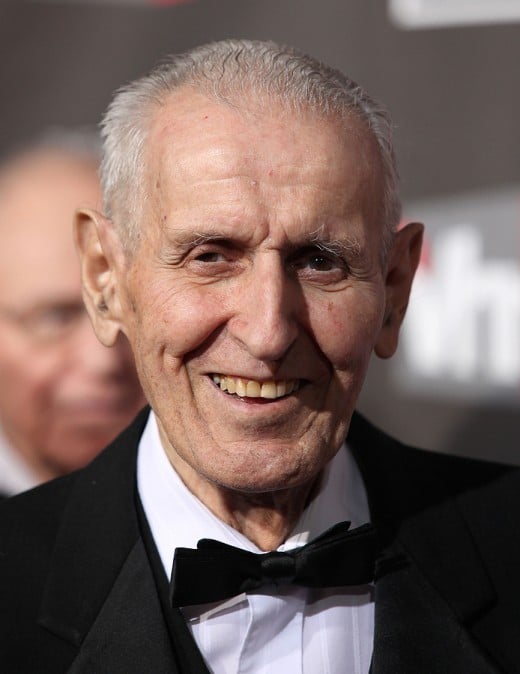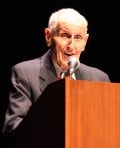Jack Kervorkian: A Man With a Mission to Aid the Terminally Ill
Crazy Horse: "Today is a Good Day to Die"
Death is such a taboo subject in our society it is hard to imagine anyone thinking of it in positive ways. But, there are numerous cases in which this actually can be a more viable option than living a life without quality or dignity-or suffering immeasurable pain. When I was living in Alaska, 'today is a good day to die,' is a quote that was commonly said among the Native Alaskans in reference to the subject.
If you, or someone you know, suffer from chronic pain it is understandable that you might feel that life has handed you an unfair deal. Unless a person has experienced unrelieved pain one does not fully comprehend the difficulty that it takes in just waking up to another day of ‘more of the same’. In fact, it is usually not a matter of ever really going to sleep-not the deep, restful sleep that most of us take for granted.
People who have terminal illness are another group who may think, “This lack of quality of life has to end sooner rather than later. I do not want my family to be burdened by me the last days of my life.” Hopelessness can grip the spirit of a sufferer like a vice.
In the controversial subject of euthanasia, Jack Kevorkian was a sole advocate in the medical field. I was amazed by his bold daring and followed the stories of his patients/victims because this happened in my home state of Michigan.
At other times I was embarrassed that people would ask if I was related to him. I happened to be married to a man whose name was very similar to Jack’s last name. It was humorous in an uncomfortable way.
Jack Kervorkian

Who is Jack Kervorkian?
Jack Kevorkian was born in Pontiac, Michigan in 1928. He was 83 years old when he expired on June 3, 2011. Graduating from the University of Michigan medical school he went into pathology and soon earned the nickname, ‘Dr. Death’ for his unique, if not grotesque, ideas of harvesting organs from prisoners who died; using euthanasia on prisoners; and using prisoners for medical experiments.
While still interning, Kevorkian became fascinated with the subject of euthanasia after caring for a woman who was terminally ill from cancer. Her body was frail and emaciated. Kervorkian noted that her suffering was unnecessary if the medical profession practiced the Hippocratic Oath properly.
Kevorkian began experimenting with methods of assisted suicide after receiving requests from suffering patients. He performed his first physician assisted suicide with a woman suffering from Alzheimer’s in 1990. It was not until some 130 deaths later that a court was able to convict him of second degree murder.
Jack Kevorkian spent eight years in a Michigan prison. Released on probation in 2007 he had to agree not to return to assisting patients with suicide. His belief was that he had a mission and this mission was to educate people that assisted suicide, euthanasia, was more humane than allowing human beings to suffer.
Jack Kervorkian: Death by Natural Means
In 2010 HBO released the movie, You Don’t Know Jack, starring Al Paccino, based on the story of Jack Kevorkian’s life. While Paccino accepted the Golden Globe award, Kevorkian watched from the audience.
Kevorkian’s life ended without the flare or fanfare it had in the decade of the ‘90’s. He died peacefully in a Royal Oak, Michigan hospital of pneumonia and kidney problems. His dreams of legalizing physician assisted suicides died along with him.





